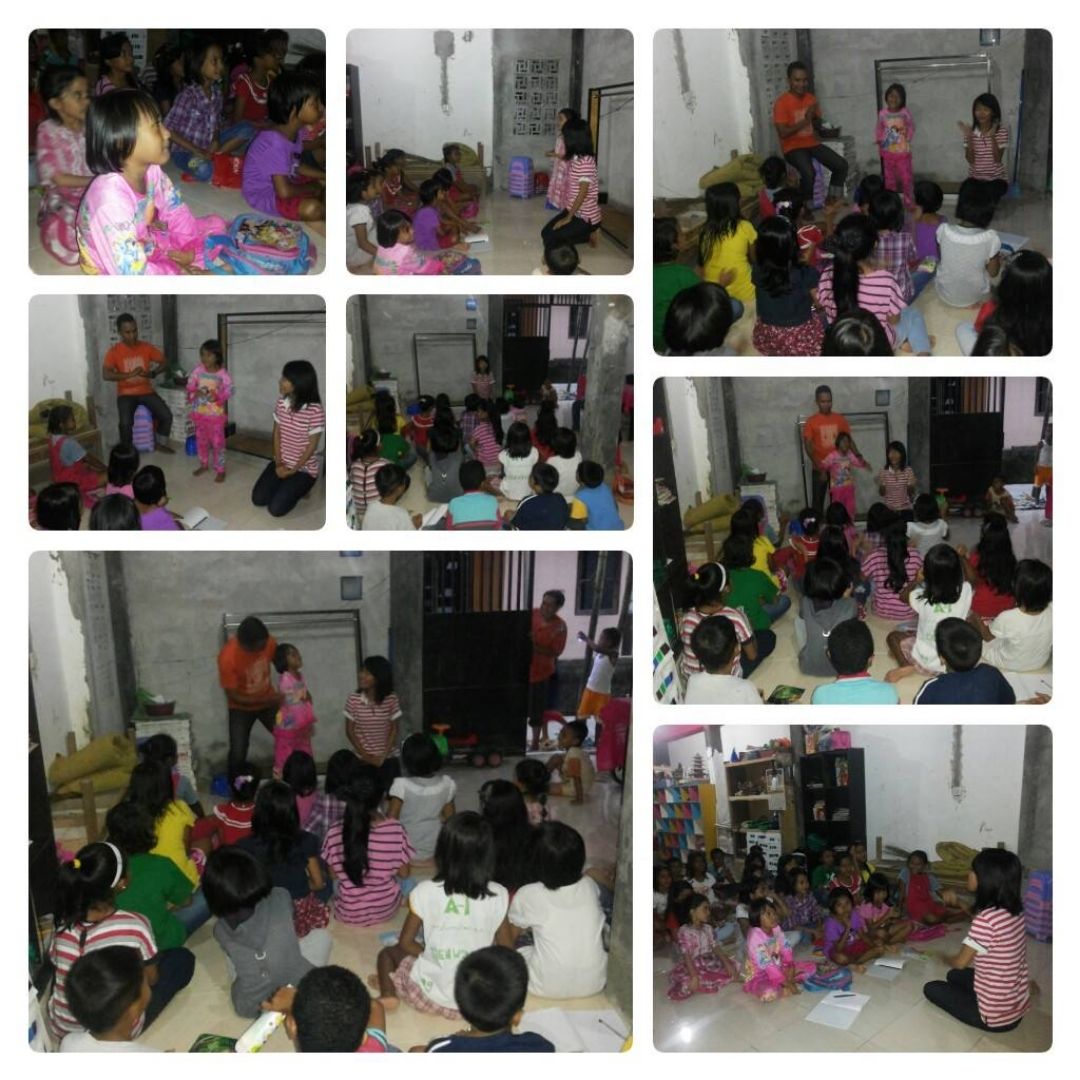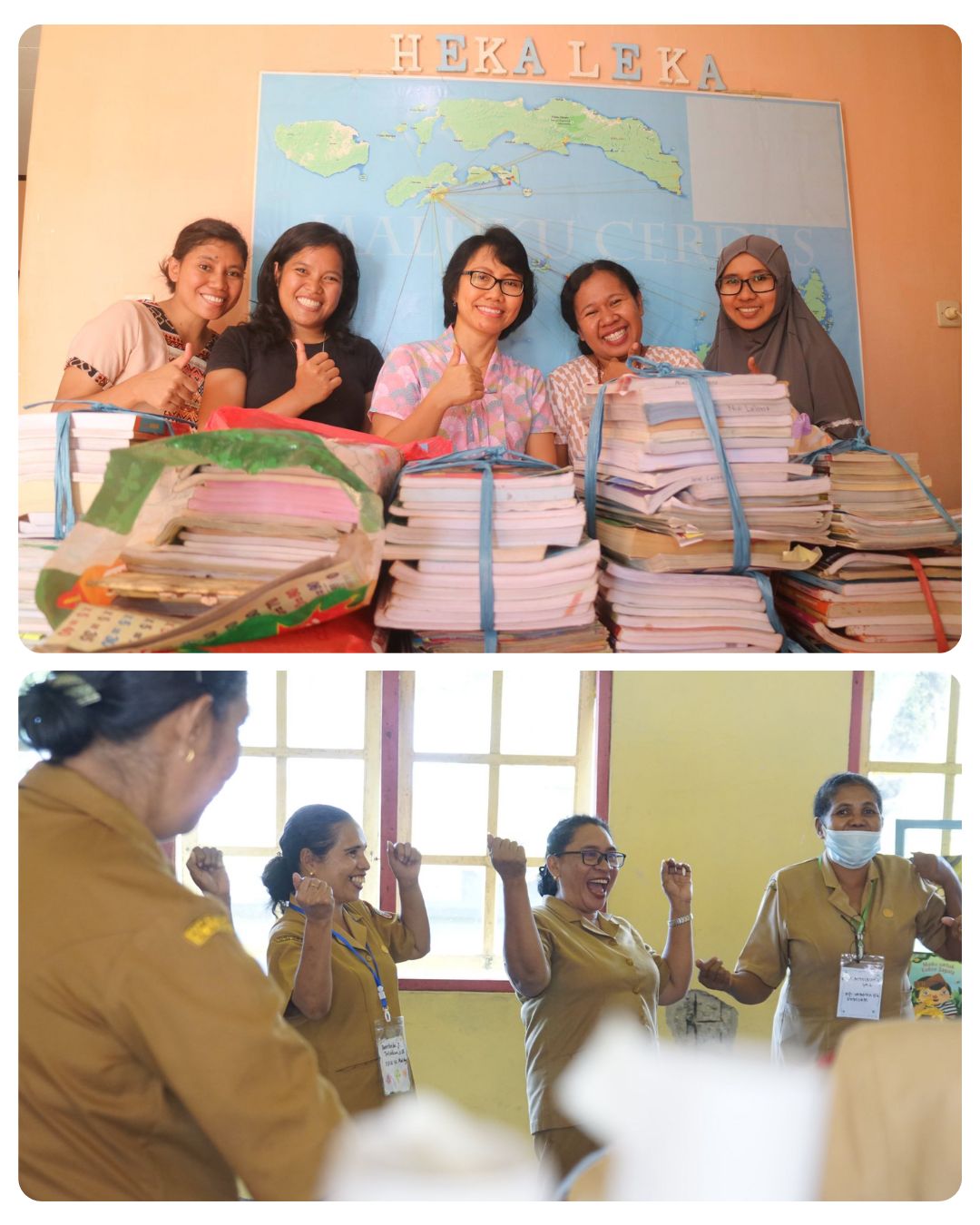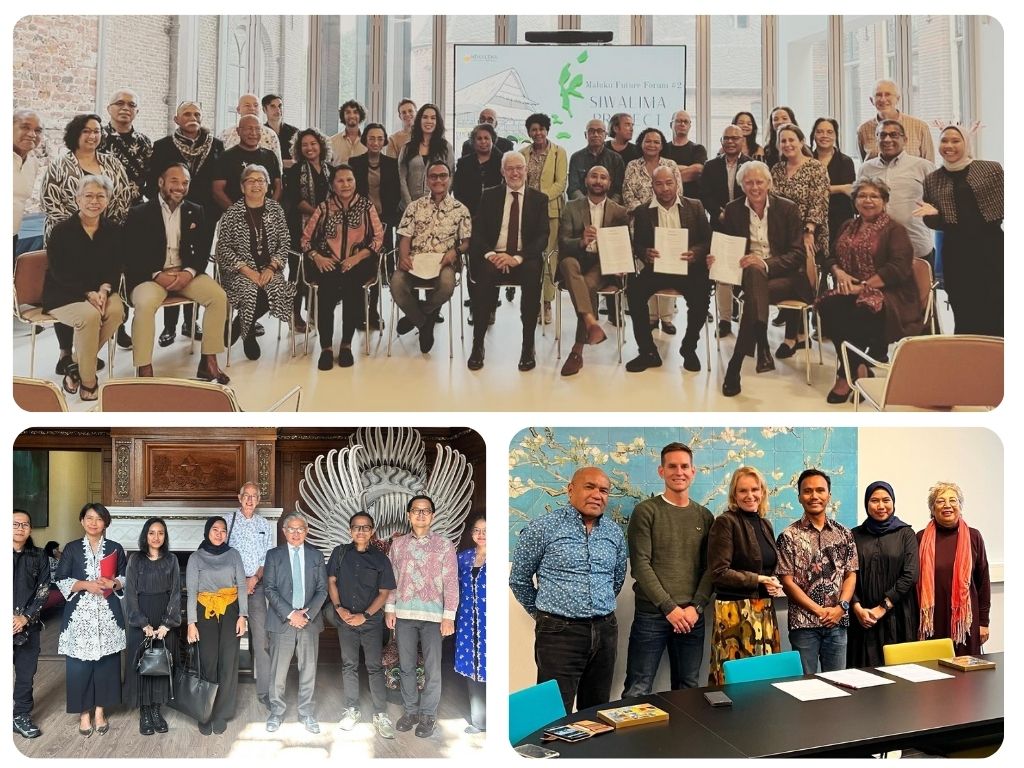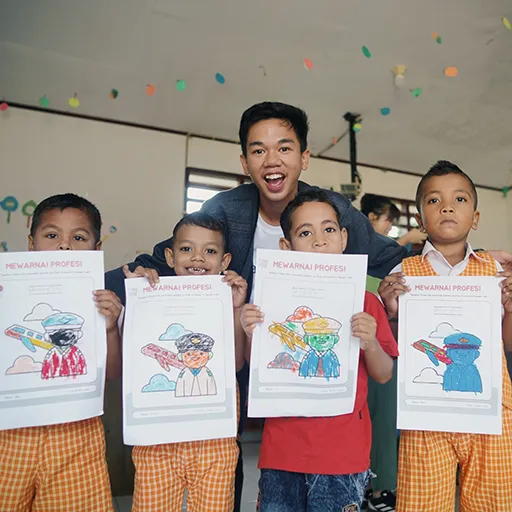About Us
Read our annual report here
History
In 1999, an inter-religious and inter-racial conflict erupted in Maluku. For approximately three years, this conflict resulted in more than 5,000 deaths and forced 700,000 people to flee Maluku, making it the largest social conflict since Indonesia’s independence. The 1999 conflict effectively devastated Maluku’s economy, the impacts of which are still felt today, including forcing thousands of children to drop out of school and disrupting community norms across ethnicities and religions.
Stanley Ferdinandus, an Ambonese youth, was forced to flee to Java. In 2009, after graduating from college, Stanley felt a calling to return to his homeland and began facilitating friends from various parts of the archipelago to teach and inspire children in local study groups through the “2-Hour for Maluku’s Future” movement. This activity eventually led to the establishment of the Heka Leka Foundation in Ambon in 2011.


The name Heka Leka itself is composed of the words “Heka,” meaning war, division, separation, or death, and “Leka,” meaning rebirth. Thus, Heka Leka takes on the meaning that to give birth to a new (better) life, it is necessary to accept death and destruction as lessons.
Since then, Heka Leka has continued to fight to improve access and quality of education in Maluku. Our programs have been implemented not only in Ambon but also in almost all the Maluku islands.
The name Heka Leka itself is composed of the words “Heka,” meaning war, division, separation, or death, and “Leka,” meaning rebirth. Thus, Heka Leka takes on the meaning that to give birth to a new (better) life, it is necessary to accept death and destruction as lessons.
Since then, Heka Leka has continued to fight to improve access and quality of education in Maluku. Our programs have been implemented not only in Ambon but also in almost all the Maluku islands.

In our fight, we adhere to the philosophy of Siwalima, which in Maluku tradition refers to ancient kingdoms: the nine (“siwa”) kingdoms in South Maluku (Ulisiwa) and the five (“lima”) kingdoms in North Maluku (Patalima). Siwalima can be interpreted as a philosophy that in every struggle, unity is needed from all people, regardless of differences in ethnicity, religion, or race.
We thank the hundreds of volunteers, donors, and partners who have joined our efforts. Let’s continue to work together to build the people of Maluku!

Our Values
Our Vision
To create an intelligent, cultured, and impactful Maluku society, based on values rooted in Maluku culture and Pancasila.
Our Mission
1. To create world-class, competent leaders who are intelligent, cultured, and impactful.
2. To improve the quality of education in Maluku through collaborative, dynamic, innovative, and sustainable programs.
Our Team
Founder

